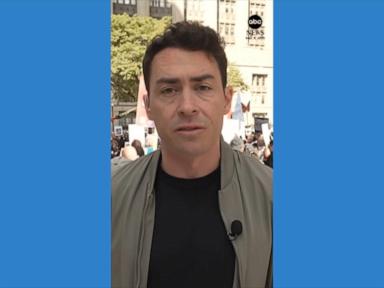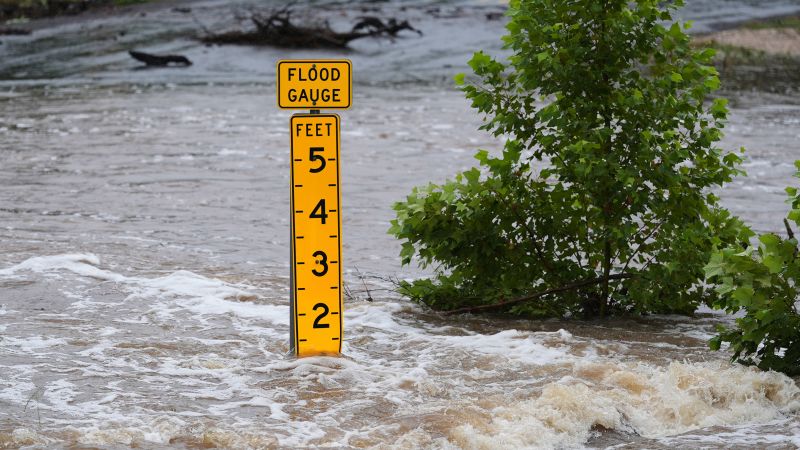Chicago Prepares for Possible Federal Troop Deployment

The city of Chicago is preparing for the potential deployment of federal troops as tensions between local authorities and federal officials escalate. President Donald Trump has indicated that he is considering sending federal law enforcement to address ongoing violence and unrest in the city. In contrast, local leaders assert that such a move would be unnecessary and potentially illegal.
Mayor Lori Lightfoot and other city officials have expressed strong opposition to the idea of federal intervention. They argue that Chicago has the resources and personnel to manage its own law enforcement challenges. Local authorities emphasize their commitment to community policing and de-escalation tactics rather than a heavy-handed federal presence.
During a press briefing on September 8, 2025, Lightfoot stated, “The suggestion that federal troops are needed undermines the hard work of our police department and the community.” She further noted that deploying troops could exacerbate tensions rather than resolve them.
The backdrop to this situation includes a rise in gun violence and crime rates in Chicago, which have drawn national attention. In response, President Trump has framed the discussion around public safety, suggesting that federal intervention is necessary to restore order. He stated, “We cannot allow our cities to spiral out of control.”
As both sides prepare for possible confrontation, the implications of federal involvement could have far-reaching consequences for community relations and law enforcement practices in Chicago. Local officials fear that the presence of federal troops could lead to increased hostility and a breakdown of trust between residents and law enforcement agencies.
Concerns among community activists also center on the historical context of federal involvement in local policing, which has often been met with resistance and accusations of overreach. Organizations advocating for civil rights have called for dialogue and collaboration rather than militarization of the streets.
In anticipation of potential federal action, Chicago’s police department is increasing its readiness to manage civil unrest while maintaining a focus on community engagement. Officials are strategizing ways to address crime effectively without the need for federal troops, reinforcing their belief in local governance.
The situation remains fluid as both local and federal officials navigate the complexities of law enforcement and public safety. With discussions ongoing, the future of Chicago’s approach to policing and community safety hangs in the balance.
As the city braces for the possibility of intervention, residents and local leaders alike are calling for solutions that prioritize community empowerment and safety without resorting to federal military presence.






